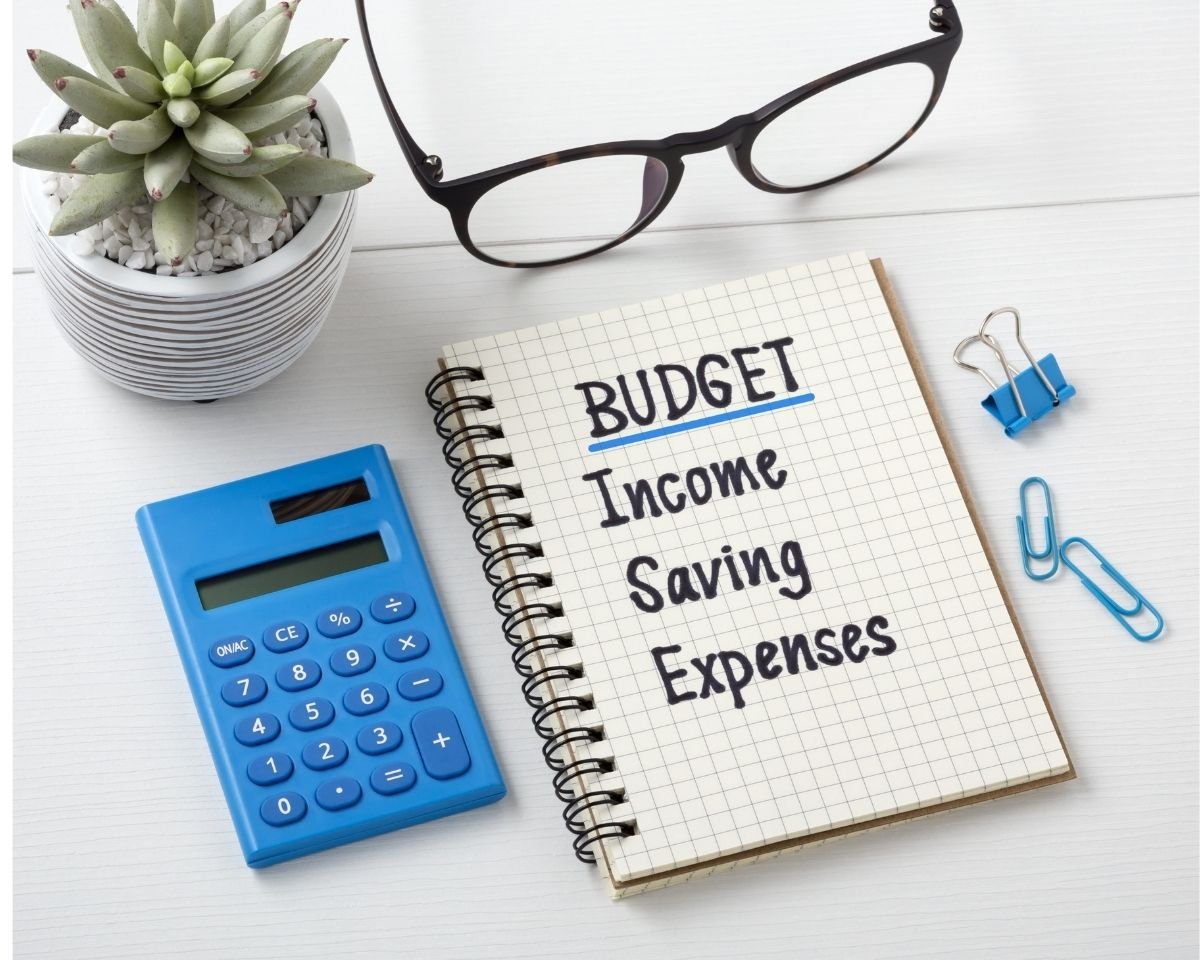Creating a personal budget is an essential step towards financial stability and achieving your long-term goals. It allows you to track your income and expenses, make informed decisions about spending, and save for the future. In this article, we will discuss 28 important aspects of budgeting and personal finance that can help you take control of your money.
1. Creating a Personal Budget: Start by listing all your sources of income and categorizing your expenses. Allocate funds for necessities like housing, utilities, transportation, groceries, etc., while leaving room for savings and discretionary spending.
2. Tracking Expenses: Keep track of every penny you spend using apps or spreadsheets. This helps identify areas where you may be overspending or where adjustments can be made.
3. Setting Financial Goals: Define short-term and long-term goals such as paying off debt, saving for retirement or education, buying a house or car, etc. Set specific targets to stay motivated.
4. Saving Money Tips: Look for opportunities to cut costs in various areas like shopping discounts, couponing techniques, energy-saving tips at home, etc.
5. Budgeting for Groceries: Plan meals ahead of time to avoid impulsive purchases at the grocery store; compare prices; buy in bulk when possible; use coupons wisely.
6. Managing Credit Card Debt: Pay more than the minimum payment each month; prioritize cards with higher interest rates; consider balance transfer options if it helps reduce interest charges.
7.Reducing Monthly Bills: Negotiate better rates on services like cable TV/internet/phone; switch providers if necessary; conserve energy to lower utility bills.
8.Building an Emergency Fund: Aim to save three to six months’ worth of living expenses in case of job loss or unexpected expenses.
9.Investing for Retirement: Start early and contribute regularly to retirement accounts like 401(k) or IRAs; diversify investments based on risk tolerance and time horizon.
10.Budgeting for Vacations and Travel: Set aside funds specifically for travel expenses; plan trips in advance to avail of early booking discounts; consider budget-friendly destinations.
11.Paying off Student Loans: Prioritize student loan payments; explore refinancing options for lower interest rates or better terms.
12.Buying a Car on a Budget: Research affordable models, consider buying used, negotiate the price, and explore financing options with favorable interest rates.
13.Renting vs Buying a Home: Weigh the pros and cons based on your financial situation, long-term plans, and local housing market conditions before making a decision.
14.Saving for a Down Payment on a House: Establish a savings plan specifically for down payment goals; explore government programs that assist first-time homebuyers.
15.Budgeting for Healthcare Expenses: Consider health insurance coverage carefully; allocate funds for regular check-ups, prescriptions, emergency medical expenses.
16.Managing Income Fluctuations: Create flexible budgets that can adapt to changes in income levels; prioritize essential expenses during lean months.
17.Strategies to Increase Income: Explore side hustles or part-time work opportunities to supplement your primary income source
18.Budgeting for Children’s Education: Start saving early through education-specific savings accounts like 529 plans or other investment vehicles
19.Dealing with Unexpected Expenses: Have an emergency fund ready to cover unexpected costs like car repairs or medical bills
20.Tips for Frugal Living: Practice mindful spending habits such as avoiding impulse purchases, embracing minimalism, using free resources when possible
21.Balancing Wants and Needs in Your Budget: Allocate funds not only for necessities but also discretionary spending that brings joy without derailing your financial goals entirely
22.Creating a Debt Repayment Plan: Prioritize debt repayment using strategies like the snowball method (paying off smallest debts first) or avalanche method (prioritizing high-interest debts)
23.Prioritizing Financial Goals: Determine which goals are most important and allocate resources accordingly; adjust priorities as circumstances change
24.Budgeting for Entertainment and Leisure Activities: Set aside funds for entertainment, hobbies, or vacations to ensure a healthy work-life balance
25.Understanding Different Types of Insurance and Their Costs: Research various insurance options like health, auto, home, life insurance to protect yourself from financial risks; compare rates before choosing the best coverage.
26.Strategies to Save Money on Transportation Costs: Consider carpooling, using public transportation, biking or walking when possible; maintain your vehicle regularly to avoid costly repairs.
27.Planning for Retirement Savings Early On: Start contributing to retirement accounts as soon as you start working; take advantage of employer-matching contributions.
28.Creating a Budget-Friendly Meal Plan: Plan meals ahead of time based on budget-friendly recipes and sales at grocery stores. Make use of leftovers creatively and reduce food waste.
By implementing these tips into your personal finance routine, you can enhance your financial well-being while achieving your short-term and long-term goals. Remember that budgeting is an ongoing process that requires regular review and adjustments. Stay committed to your plan, be disciplined in managing expenses, save consistently, and make informed decisions about investing. With time and effort, you can attain greater financial stability and peace of mind.

